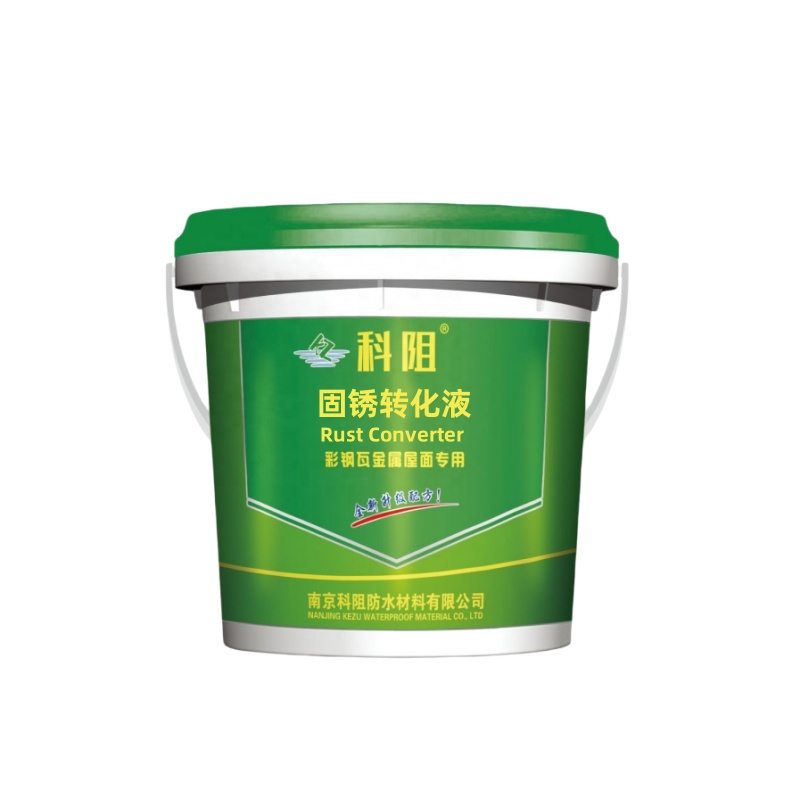In the field of construction and engineering, waterproofing materials have always been crucial. However, protecting structures and equipment from rust also requires our attention. Anti-rust coatings are a reliable solution for effectively preventing damage to metal materials due to oxidation. This article will explain how anti-rust coatings work, their application areas, and their importance.
1. What is anti-rust coating?
Anti-rust coating is a special coating whose main function is to form a protective film on the metal surface to prevent air and moisture from contacting the metal, thereby preventing the oxidation reaction of the metal. This kind of coating is usually composed of special chemicals, and its specific formula varies according to different use environments and needs.
2. Working principle of anti-rust coating
Anti-rust coatings work based on two key concepts: barrier and corrosion inhibition. First, the coating forms a protective barrier that prevents oxygen and anti-rust-corrosionmoisture from reaching the metal surface. Secondly, the chemical components in the anti-rust paint can be slowly released to form a chemical reaction that neutralizes the metal ions in the tiny rust spots on the metal surface, thereby preventing the spread of rust.
3. Application fields
Anti-rust coatings are widely used in various industries and fields. In the construction and infrastructure sectors, anti-rust coatings are used to protect metal components such as steel structures, bridges, water treatment equipment and pipelines. In the automotive and aerospace sectors, it is used to protect car bodies, aircraft casings and engine parts. In addition, anti-rust coatings are also suitable for use in many fields such as marine facilities, industrial equipment and household products.
4. The importance of anti-rust coatings
Anti-rust coatings are critical to protecting the durability and reliability of metal materials. It can extend the service life of metal components, reduce maintenance costs and avoid safety hazards. By preventing the occurrence of rust, anti-rust coatings can also improve the appearance quality and surface finish of metal materials.
5. Choose the appropriate anti-rust coating
Choosing the right anti-rust coating is crucial. Factors to consider include the environment in which it will be used, the type of metal, the durability and cost of the coating, etc. Work closely with suppliers and professionals to understand the characteristics and performance of different coating products so you can make informed decisions.
in conclusion:
Anti-rust paint is an effective tool for protecting metals from oxidation and rust. It has important applications in a variety of fields and is crucial to the reliability and durability of building structures. By choosing the right anti-rust coating, we can ensure the long-term protection and maintenance of the material, thereby increasing the sustainability and quality of the project.